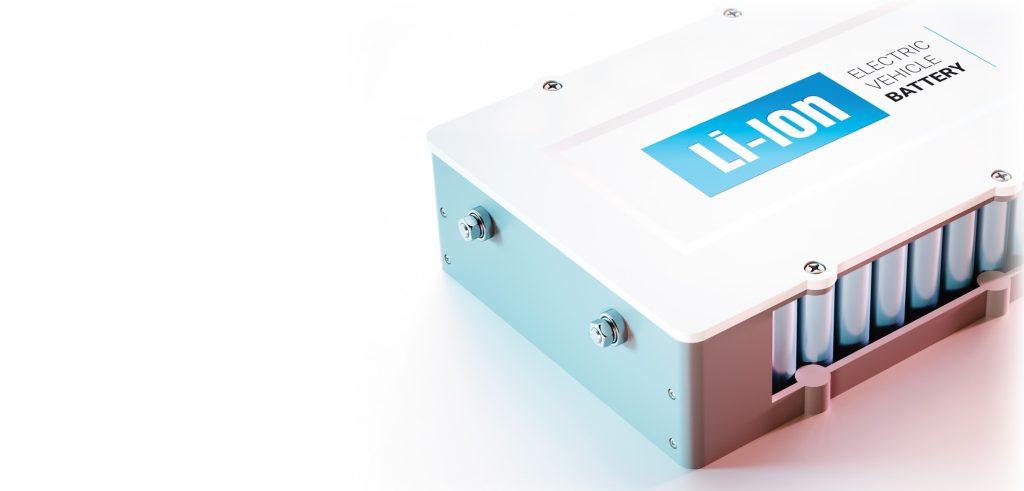The following is an excerpt from the GAWDA Safety Organizer, a monthly bulletin sent to GAWDA members. For more information on the GAWDA Safety Organizer, or to read past issues, visit the GAWDA.org Members-Only Section.
Lessons learned is a new section of the GAWDA Safety Organizer that details lessons from fellow GAWDA members’ incidents, accidents and injuries. Information is sanitized to keep the member’s identity anonymous, unless the member company chooses to share their identity.
Battery operated devices are everywhere and the welding industry is not immune, with battery operated welders becoming more popular. But these battery-operated devices come with risks including overheating, fires, and other problems. Lithium-ion batteries are the most common portable energy storage source and comprise the majority of product safety recalls and complaints.
The Consumer Product Safety Commission has recorded more than 25,000 instances of fires involving 400 types of devices over the past decade. In New York City alone, between 2021 and 2023, there has been a significant increase of lithium-ion battery device fires (1,500%), injuries (686%) and deaths (2,675%). To address the hazards of Lithium-Ion (LION) battery fires the Fire Safety Research Institute launched the
Take C.H.A.R.G.E campaign:
C – Choose certified products
H – Handle with care
A – Always be aware of warning signs
R – Recycle batteries and appliances properly
G – Get out quickly if there is a fire
E – Educate others about battery safety.
Other Factors to Keep in Mind:
Common Failures – With a two-to-five-year life span, lithium-ion batteries can malfunction based on the construction of the battery pack, how it is discharged, and how it is handled. Lithium-ion batteries can fail or overheat releasing toxic gases that are hard to extinguish.
Charging Safety:
- Lithium-ion batteries require two steps: constant current followed by constant voltage charging
- Do not charge lithium-ion batteries below 32 degrees
- Under normal circumstances, lithium-ion batteries stop charging when full, thus leaving them on a charger constantly should be safe but not recommended.
Storage Safety:
- Lithium-ion batteries should be stored on racking outside in cool, well ventilated, dry storage areas
- Lithium-ion batteries should be kept from heat sources including direct sunlight or ignition sources
- Store batteries in low humidity facilities keeping them ventilated through natural or mechanical means
- Batteries should be kept in a state of 50% to 60% charge—overcharging can be damaging to the unit
- If storing lithium-ion batteries for a year or longer, make sure it has a 50%+ charge
- Lithium-ion batteries are subject to aging meaning they can lose capacity and fail after a number of years.
Fire Awareness:
- Lithium-ion batteries can overheat when charging
- Lithium-ion batteries can ignite spontaneously
- Behavior such as improper charging or physical damage put users in danger of combustion
- This type of battery is extremely hard to extinguish using considerably more water than conventional fires
- Toxic gases including hydrogen cyanide are released during such lithium-ion fires.
Disposal:
- Lithium-ion batteries should be taken to separate recycling or hazardous waste points for disposal
- Do not dispose of lithium-ion batteries in household waste as they may ignite when discarded with flammable or plastic trash.
If you have any questions about these topics, how to subscribe to the CGA program or any OSHA, EPA or DHS questions please contact me.








